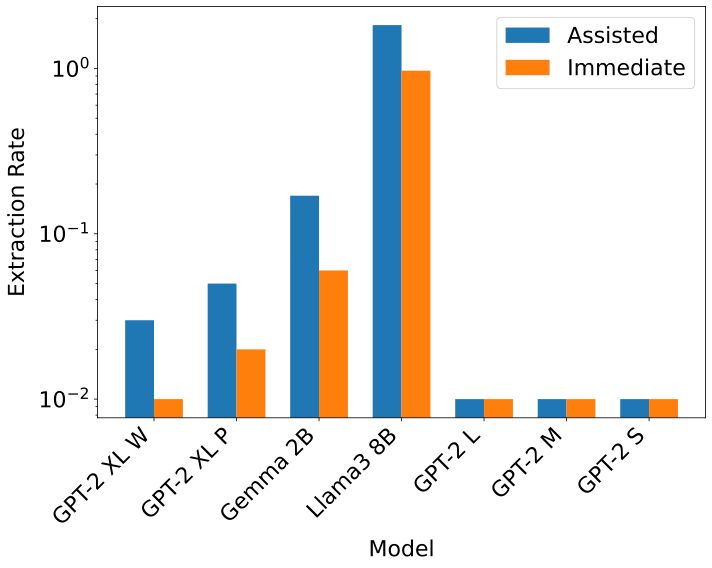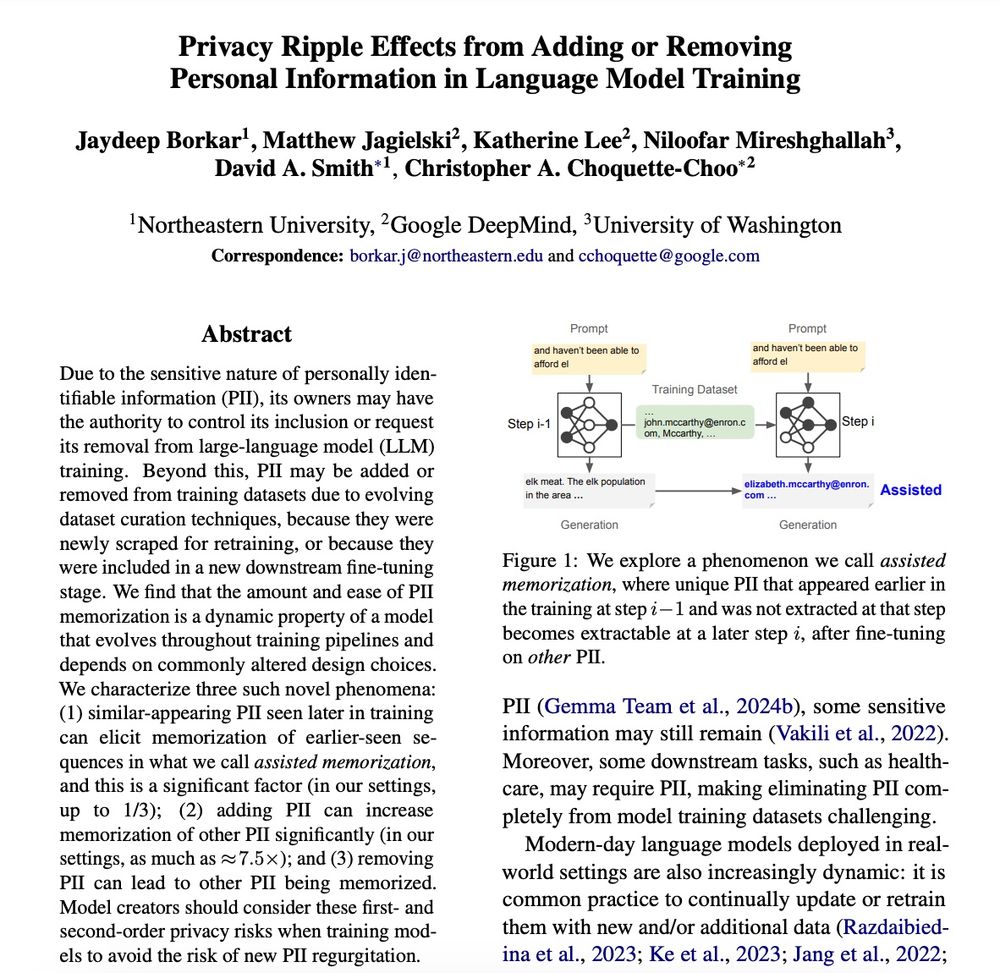
jaydeepborkar.github.io
If you’re in NYC and would like to hang out, please message me :)

If you’re in NYC and would like to hang out, please message me :)







paper: arxiv.org/pdf/2502.15680

paper: arxiv.org/pdf/2502.15680






